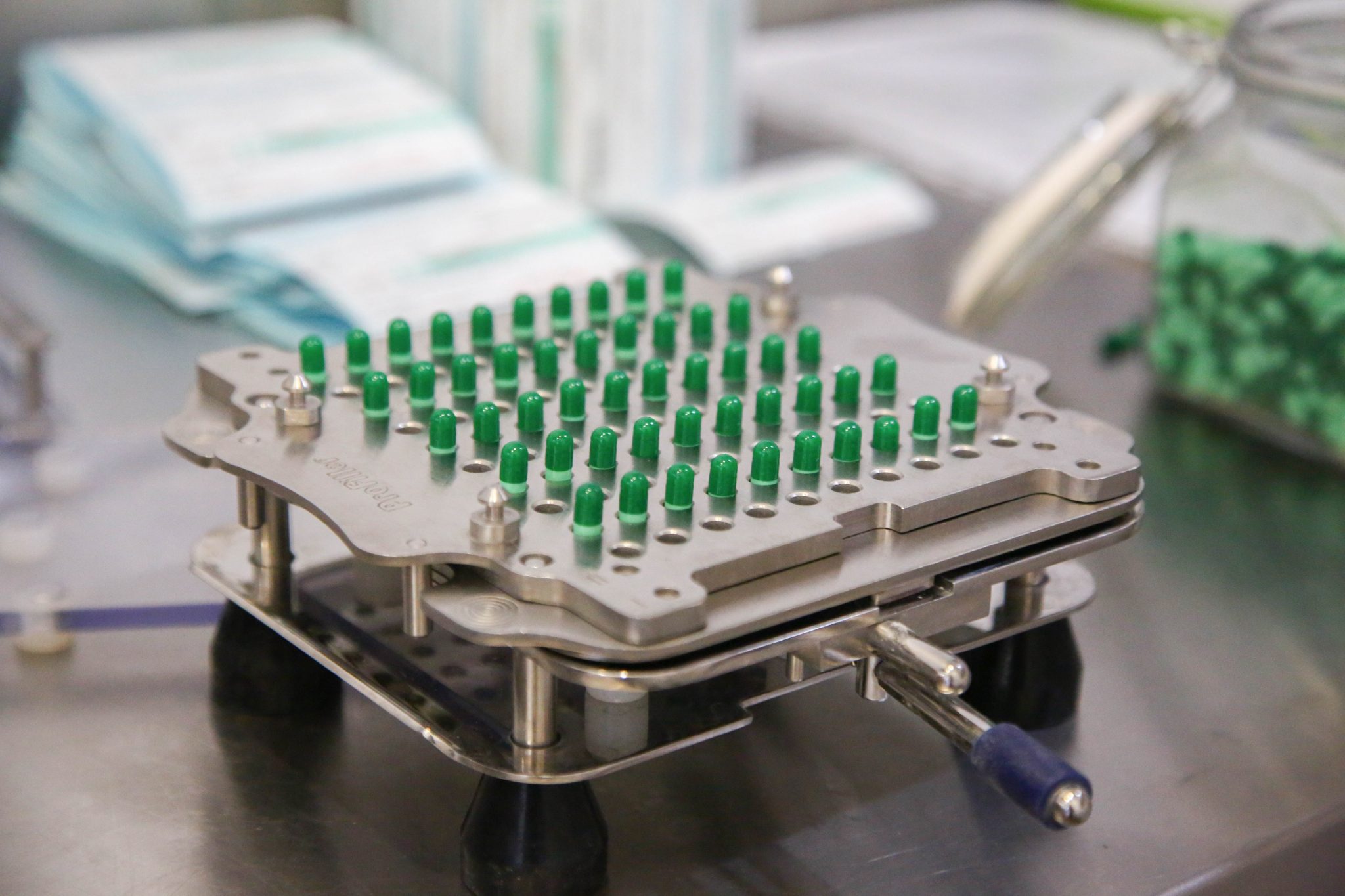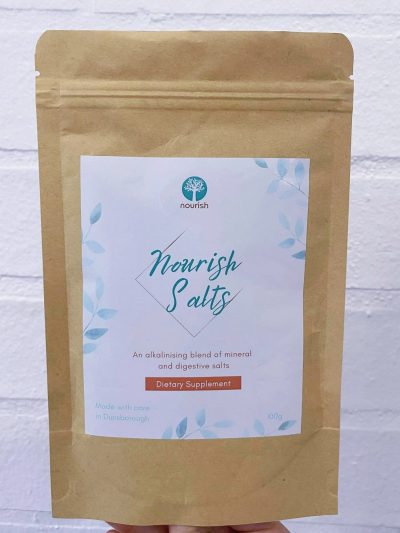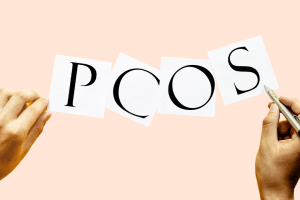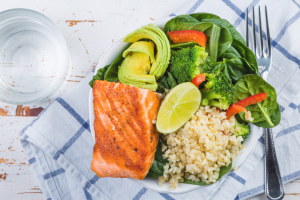Pain Management
Could PEA help in controlling your chronic pain?
With the shift to prescription only status of the widely used pain reliever codeine, many pain sufferers were left struggling to find an alternative. Although these products are still able to be accessed through a doctor’s prescription, it is inconvenient and no-one likes the lengthy waits at the doctor’s surgery. It was time to look for alternative pain relievers like PEA.
Whilst we are great believers in the importance of lifestyle advice to cope with chronic pain, for many pain sufferers, a hot water bottle just doesn’t cut it.
As pharmacists, telling patients to take two Panadol tablets often seems woefully inadequate.
Then we began hearing about the new kid on the block PEA (or palmitolyethanolamide) and its usefulness in all types of pain. We’re always skeptical of any medication that claims to be a panacea and treat ALL types of pain,so healthy scepticism at hand, we began trawling through the research.
Before we all jump on the PEA bandwagon, let’s look at how it works and whether it will be right for you.
Why is pain useful?
Firstly, let’s talk about pain. Pain is good. Pain is your body’s way of telling you something is wrong. If you twist your ankle, the pain ensures you don’t walk on it and the accompanying inflammation ensures that the joint is immobilised, so that you can’t move. Your body is saying “Give me time to heal”. In the absence of acute pain like this, we could all be tempted to walk on our ankle too soon and cause even more damage.
Why is chronic pain a problem?
While it is easy to understand the need for acute pain, things get a bit more complicated with chronic pain.
The body is a wonderful thing and lives in a constant state of opposing processes and feedback systems all held in a delicate balance. One part of our body will activate or stimulate a process whilst another will dampen or calm down activity. Good health is often finding the right balance between the two.
Your body also creates pain and inflammation when the immune system is activated in the fight against foreign matter such as pollen and bacteria. The defenders in the immune system release chemicals to tell the nerves that a fight is on and It’s time to round up the troops.
If nerve cells keep getting these alarm signals they can become over-stimulated, and as more troops arrive, the pain and inflammation gets worse and the whole process continues to up-cycle. Sometimes we need to call a halt to this process. This is where PEA is thought to come into play.

So, what does research tell us that palmitolyethanolamide (PEA) does? How does it work?
PEA can be found in foods such as meat, eggs, soy beans and peanuts and is produced by both animals and plants. It was first studied and tested in the 1990’s but the mechanisms of pain were not well known, so how it worked remained a mystery.
Current thinking is that it acts as a communication or signalling chemical. While other chemicals released by the immune system activate and excite the immune response, PEA is thought to be a signalling molecule with a dampening or down regulating effect.
It naturally inhibits the release of pro-inflammatory compounds. It is an important communication molecule, some would say a “chill pill” telling the body to hold its horses. PEA is in fact a fatty acid related to the cannabinoids – the chemicals in cannabis.
So, is PEA the miracle drug that it is claimed to be?
The theory is that with chronic pain, your levels of PEA are low as they are constantly having to dampen an overactive immune system. By supplementing this level, the body would be able to dampen your over-excited nerves and thus reduce pain. The good thing is that PEA is not known to be addictive or have any significant side effects. There are also no known drug interactions. So, at this stage there seems to be no harm in trying.
There is still a lot of research to be done, but there have been many positive results in over 20 international trials many with scientifically valid and respected protocols. Most of these studies showed a clinically significant analgesic effect. This means that when you do the maths, statistics say it has an effect.
It certainly seems to have a greater ability to reduce pain in sufferers with chronic nerve pain in combination with inflammatory pain and is thought to have a neuroprotective effect. To this end, taking PEA to supplement the body’s shortage may be most beneficial if you have chronic neuropathic pain and inflammation.
The best study highlighting the benefits of PEA involved a double blind randomised cross over trial (that’s very good in science speak) of over 600 patients. The response was very good and the NNT (Number Needed to Treat) in the 600mg/day group was 1.5.
What that means is that you would only need to treat 3 people with PEA to get a pain reduction to 50% in two of the three people. That’s a pretty good result, but the drawback is that only 600 were treated so it was a small study and why it we will be keeping on eye out for any updates in this area.

Whilst at Nourish Health we believe that “medication is not the only answer”, there are times that medication can make a difference.
Note: PEA is not available at every pharmacy. It must be specially formulated at a compounding pharmacy.
Nourish Health as a compounding pharmacy can prepare these capsules for you if you would like to trial this pain relief. They are available without a prescription.
Please come in and talk to the pharmacists if you are at all concerned about adding PEA to your current pain management treatments OR if you are unsure if it will help your pain. We recommend a dose of 600mg (2 capsules) TWICE a day. *
Many of our patients have experienced positive results within 4-6 weeks of treatment and if no reduction in pain is seen within 3 months, then we recommend stopping the PEA supplement. There is no point in continuing a supplement if you are not gaining a benefit.
PEA is available at both Nourish Health Dunsborough and Nourish Health Fremantle. Alternatively, if you are unable to come in store, we can post it to you.
If you would like to place an order you can do so online HERE or send us an enquiry using the form below.
Compounding Enquiry
"*" indicates required fields
*The information provided above is general in nature. We encourage anyone on multiple medications with a number of chronic health conditions to consult with their medical practitioner or one of our pharmacists to ascertain if this medication may be of benefit to you.
This blog post was written by Linda Keane, Pharmacist & Founder of Nourish Health.













